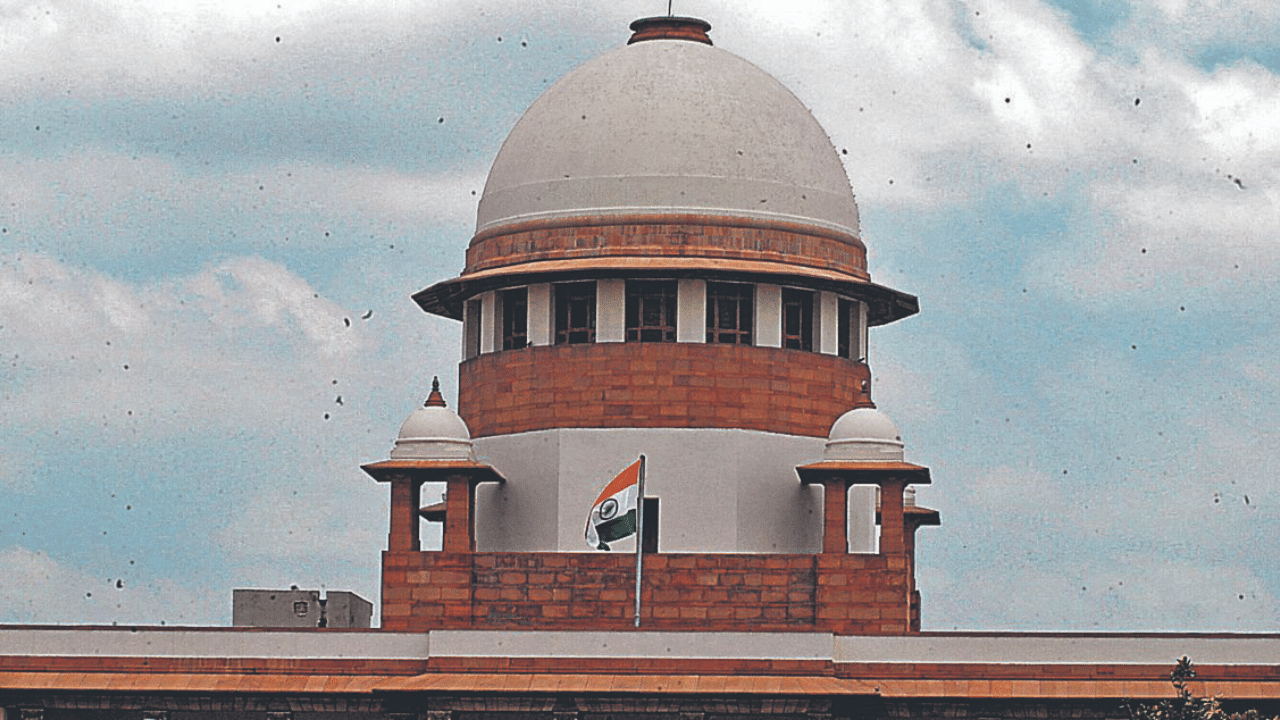
The Supreme Court Friday said freebies may create a situation in which the government cannot provide basic amenities due to a lack of funds and the state may be pushed towards imminent bankruptcy.
The top court also said that it must be remembered that such freebies are extended utilising taxpayers' money only to increase the popularity of a party and its electoral prospects.
A bench presided over by Chief Justice N V Ramana noted, however, that it is also necessary to highlight that all promises cannot be equated with freebies as they relate to welfare schemes or measures for the public good.
"Not only are these a part of the Directive Principles of State Policy, but are also a responsibility of the welfare state. At the same time, the worry raised herein, that under the guise of electoral promises, fiscal responsibility is being dispensed with, must also be considered," the bench said.
The court ordered consideration of the plea to check freebies announced by political parties ahead of the polls to lure away voters, before a three-judge bench in view of the complexity of the issues involved with it.
The bench, also comprising Justices Hima Kohli and C T Ravikumar said the issues raised by the parties required an extensive hearing before any concrete orders can be passed.
The top court also framed preliminary issues that may need to be deliberated upon and decided, including as to what is the scope of judicial intervention, whether any enforceable order can be passed and whether the appointment of a commission or expert body by the court would serve any purpose.
"Additionally, what should be the scope, composition, and powers of the said commission/expert body," the bench said in its written order passed in a PIL filed by BJP leader Ashwini Kumar Upadhyay.
The court also noted some of the parties before it had raised questions over the reasonings of a previous judgment in S Subramaniam Balaji Vs State of Tamil Nadu, (2013), which asked the Election Commission to frame guidelines on such pre-poll promises in view of legislative vacuum.
The top court noted that some of the parties contended that the judgment incorrectly implied that the Directive Principles of State Policy can override the fundamental rights under Part III of the Constitution, which is against the law settled by a Constitution Bench of this court in Minerva Mills Ltd Vs Union of India (1980).
"Looking at the complexity of the issues involved, and the prayer to overrule a judgment rendered by a two¬ judge bench in Balaji case, we direct listing of these set of petitions before a three¬-judge bench, after obtaining the orders of the Chief Justice of India," the bench said.
